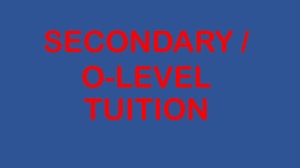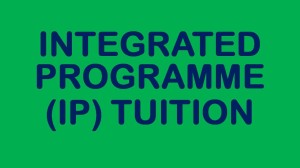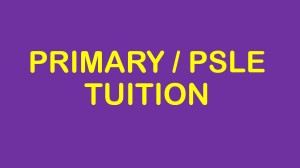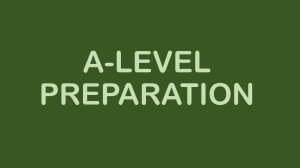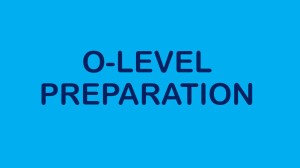Constructivist views of learning stress the active role of the learner in building understanding. Many learning theories based on cognitive psychology propose that “effective learning occurs when individuals construct their own understandings.” (p.3)
There are three kinds of constructivism: personal, social and information processing.
Personal constructivism refers to the learner’s internal mental state and transformations of understanding that arise within the individual.
Social constructivism refers to the learner’s building of knowledge in a social context, the making of meaning through shared experiences or interactions with others.
Information processing constructivism refers to the learner’s selecting, organising and integrating of new experiences with existing knowledge to build understanding.
Central to the constructivist view of learning is that there is an active participation of the learner, and a shift in focus from what the teacher may do to facilitate learning to “what the learner does as an active agent in the learning process.” (p.4)
Reference:
McInerny, D. M. & McInerny, V. (2006) Educational Psychology, Constructing Learning. NSW: Pearson Education.
_______________________________________
TUITION CLASSES:
_______________________________________________________________
EDUCATIONAL SERVICES:
______________________________________________________________

